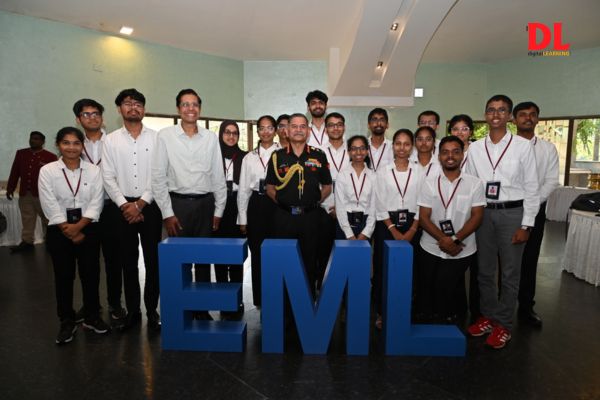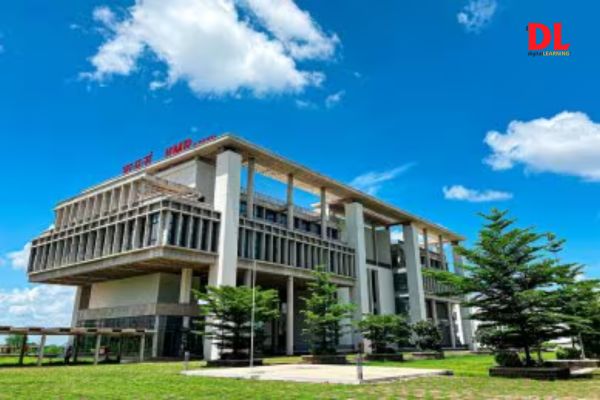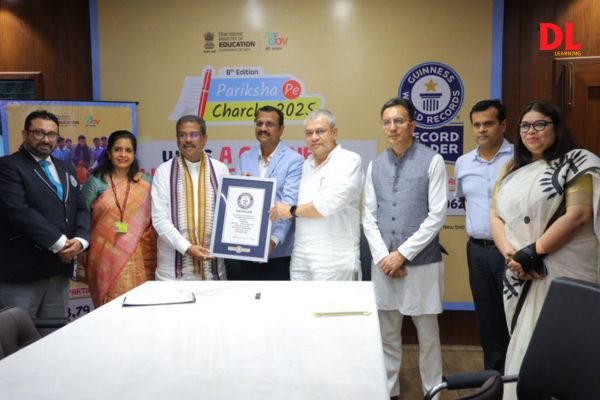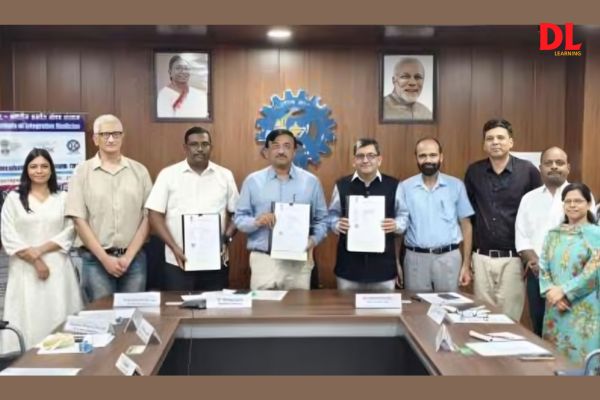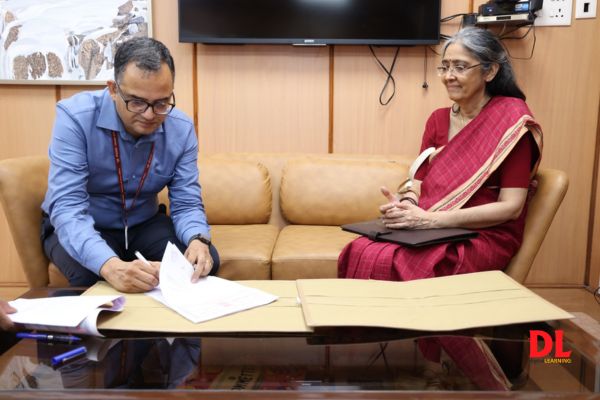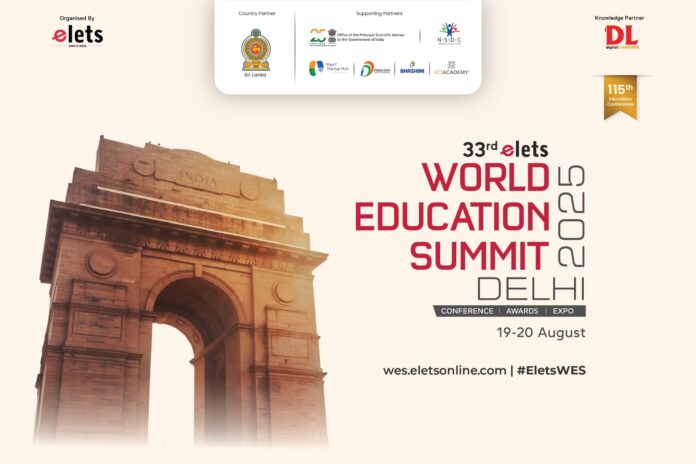In a decisive move to strengthen India’s defence capabilities through indigenous innovation, the Indian Army has inaugurated a cutting-edge research centre, ‘AGNISHODH – Indian Army Research Cell (IARC)’, in collaboration with the Indian Institute of Technology (IIT) Madras. The facility was officially launched by General Upendra Dwivedi, Chief of the Army Staff (COAS), during his recent two-day visit to Chennai.
The establishment of Agnishodh aligns with the Army’s long-term transformation strategy based on the Five Pillars of Transformation, particularly the emphasis on modernisation and technological infusion. The new research cell will act as a crucial bridge between military requirements and academic innovation, enabling rapid translation of lab-based research into operational defence technologies.
Addressing an audience at IIT Madras, General Dwivedi delivered a keynote address on “Operation Sindoor – A New Chapter in India’s Fight Against Terrorism”. He described the high-impact, intelligence-led, tri-services operation as a game-changer in India’s counter-terrorism strategy. Spanning 88 hours, Operation Sindoor exemplified India’s ability to execute swift and coordinated responses across the DIME (Diplomatic, Informational, Military, and Economic) framework, compelling Pakistan to seek a ceasefire in record time.
He also spoke about the evolving character of warfare, noting the shift toward fifth-generation conflict characterised by non-contact operations, strategic momentum, and psychological dominance. Emphasising “Swadeshikaran Se Sashaktikaran”, he highlighted the Army’s commitment to nurturing indigenous capabilities through collaborations under initiatives like INDIAai, Chip-to-Startup, and Project QuILA, with MCTE Mhow as a pivotal partner.
General Dwivedi commended the role of IITs and leading institutions in contributing to India’s defence readiness. He made special mention of successful Army partnerships with IIT Delhi, IIT Kanpur, and IISc Bengaluru, and praised IIT Madras for pioneering efforts in additive manufacturing and projects like Project SAMBHAV. He remarked that Agnishodh would catalyse battlefield-ready innovation and significantly contribute to the goal of Viksit Bharat 2047.
The collaboration will also extend into the IIT Madras Research Park, where Agnishodh will work alongside tech incubators like the Advanced Manufacturing Technology Development Centre (AMTDC) and the Pravartak Technologies Foundation. This will provide a unique innovation ecosystem to transform early-stage research into deployable defence solutions.
Beyond R&D, Agnishodh is set to become a pivotal platform for reskilling and upskilling Indian Army personnel in emerging domains such as cybersecurity, quantum computing, wireless systems, unmanned aerial platforms, and additive manufacturing—laying the foundation for a future-ready, tech-empowered military force.
During his Chennai visit, the COAS also toured the Officers Training Academy (OTA), where he was briefed on its modern infrastructure, evolving training frameworks, and the efforts to shape future-ready military leaders. He appreciated the academy’s focus on inculcating core values and combat readiness in officer cadets.
Reinforcing the Army’s “Decade of Transformation”, General Dwivedi remarked that modern conflicts will necessitate a seamless synergy between traditional strength and technological prowess, where “boots must share space with bots.”
Also Read: IIM Raipur launches 12-month advanced certificate programme
The visit concluded with an interaction with military veterans, where the COAS honoured four retired personnel with Veteran Achievers Awards—recognising their lifelong dedication and contributions to nation-building.
With AGNISHODH, the Indian Army has taken a decisive step towards integrating frontier technologies with operational readiness, embodying the spirit of Atmanirbhar Bharat and setting a bold course for future military innovation.







